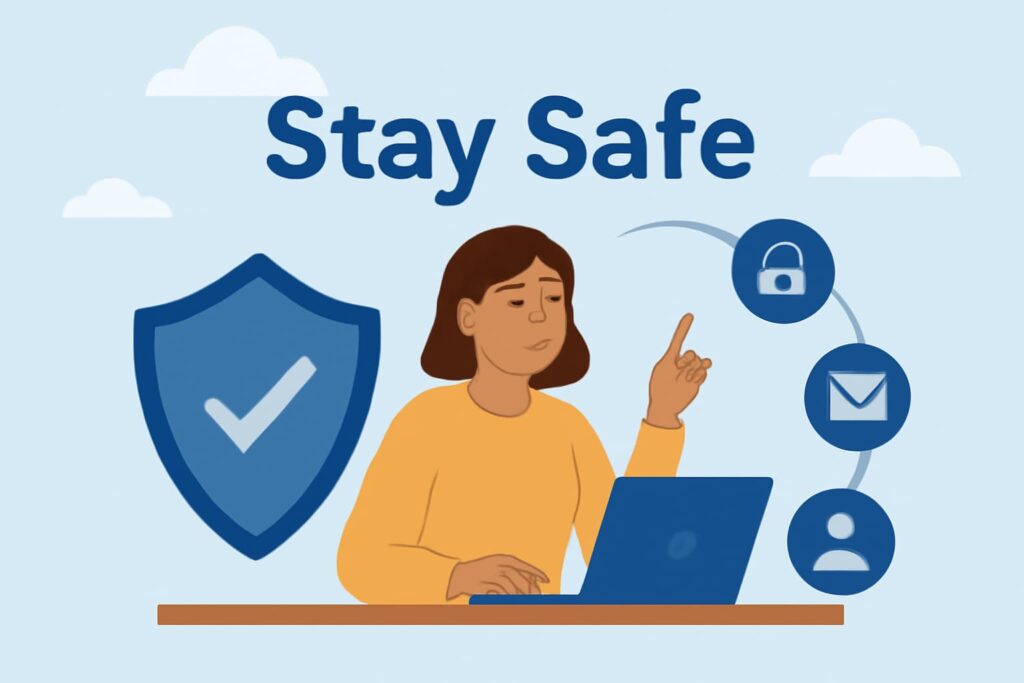Activists today operate across borders. Climate protests, Indigenous rights actions, and anti-corruption movements often span multiple countries. But with this international scope comes a legal threat: tools like INTERPOL alerts and extradition requests-meant to fight crime-are increasingly misused to target peaceful activists.
This article explains how these mechanisms work, when they become dangerous, and what legal protection is available.
What Is INTERPOL Really About?
INTERPOL does not arrest people—it connects national police agencies. Its best-known tool is the Red Notice, a global alert asking countries to locate and detain someone for possible extradition. While meant for serious crimes, Red Notices can be issued for politically motivated cases, such as peaceful protests framed as public disorder or trespass.
Authoritarian states have used INTERPOL to pursue journalists, environmentalists, and whistleblowers abroad. An activist could be arrested in another country years after a peaceful protest, simply because of an unfair Red Notice.
When Can Activists Face Extradition?
Extradition is the process where one country asks another to hand over a person for prosecution. It can be used even for nonviolent actions like blocking a pipeline or entering a restricted site during a protest. Charges may sound neutral-sabotage, conspiracy, damage to property-but are often used to silence dissent.
The problem is not just the outcome but the process. Extradition cases can take years, during which the activist may be detained, lose access to travel or work, and face massive legal expenses.
Are There Legal Safeguards?
Yes. Many countries refuse extradition if the request is politically motivated. Peaceful protest and activism are often protected under this rule. INTERPOL also allows individuals to challenge unfair Red Notices through its review commission. Several high-profile cases have resulted in notices being removed after legal review.
Human rights organizations like Fair Trials and Amnesty International regularly assist in such defenses. Their involvement adds legal credibility and international pressure.
How Can Activists and NGOs Reduce Legal Risks?
Preventive action is key. Before cross-border campaigns, activists should understand local laws, document their actions, and secure legal advice. A peaceful protest in one country may be criminalized in another. Careful preparation-including collecting permits, documenting events, and understanding the political contex-can help defend against future accusations.
Digital and legal security training also matter. Surveillance and data leaks have been used to build legal cases against activists. Being prepared makes a real difference.
Do You Need to Be a Lawyer to Stay Safe?
You don’t need a law degree to protect yourself from the legal risks associated with international activism, but it is crucial to understand when and how to seek professional legal help. Basic knowledge about how INTERPOL functions, what different notices mean, and how extradition processes generally work can empower you to spot early warning signs-often called “red flags”-that signal possible legal trouble ahead.
There are many accessible resources designed for non-lawyers: guides from human rights organizations, online toolkits, and educational webinars that explain these concepts in simple language. Learning to navigate official sanctions lists, recognizing suspicious patterns in charges, and knowing where to turn for legal assistance can dramatically improve your ability to avoid or respond to legal threats.
Moreover, early consultation with experienced human rights lawyers or legal defense groups can make a huge difference. These professionals can provide tailored advice based on your specific situation and jurisdiction, helping you understand your rights and prepare defenses before problems escalate. The key is not to wait until a legal case arises, but to build awareness and connections ahead of time.

Can Legal Defense Really Work?
Yes, legal defense in cases involving INTERPOL notices and extradition requests can be effective, especially when handled by skilled lawyers familiar with international human rights and criminal law. There are numerous documented cases where activists have successfully challenged politically motivated extradition attempts or secured the removal of unfair Red Notices.
Legal advocacy not only protects individual activists but also contributes to safeguarding the broader community of defenders. When governments see that misuse of international law enforcement tools is being contested and exposed, they may hesitate to engage in such practices in the future.
The legal process can be long and complex, but with strong representation, activists have won court decisions refusing extradition on the grounds of political motivation, violations of due process, or risks of unfair trial or persecution. Similarly, INTERPOL’s internal oversight mechanisms have removed abusive notices, preventing unwarranted arrests and travel restrictions.
Successful legal defense also raises international awareness, often attracting media attention and mobilizing global solidarity networks that add pressure on governments to respect activists’ rights.
Conclusion: Courage Requires Awareness
Engaging in activism across borders requires not only bravery but also a clear understanding of the legal landscape. The systems designed to facilitate international cooperation on crime- INTERPOL notices and extradition-can be powerful tools, but also double-edged swords when weaponized against peaceful activists.
Knowing how to navigate these mechanisms is no longer optional for anyone involved in transnational activism. Being informed about your rights, aware of the risks, and connected to legal and human rights networks is essential for continuing your work safely and effectively.
Preparation and legal literacy empower activists to stand firm, to respond quickly to threats, and to protect their freedom and ability to advocate for change. In this way, courage combined with knowledge becomes a shield- allowing activism to thrive even under global legal pressure.